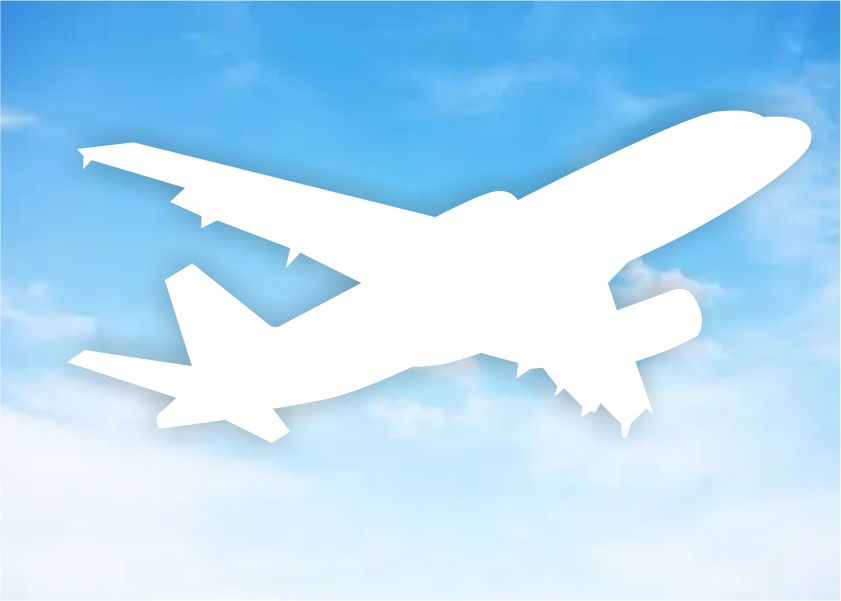Tuesday, February 13, 2024

The latest report from the ACCC on Domestic Airline Competition in Australia highlights that despite record-high fares in late-2022, domestic airfares experienced a decline last year. However, the report also indicates that cancellations and delays persist at levels above the long-term industry averages.
In December 2023, average revenue per passenger, accounting for inflation, dropped by 13.4% compared to December 2022, reflecting a notable decrease in airfare prices across various fare categories.
“Travellers finally saw some relief from high airfares last year, which was consistent with cheaper jet fuel prices and slightly lower demand for domestic air travel,” ACCC Chair Gina Cass-Gottlieb said.
In December 2023, the average revenue per passenger stayed below pre-pandemic levels (December 2019) in real terms. However, the fares for ‘best discount’ economy class flights were higher compared to December 2019.
Although domestic airfares have seen some improvement for travelers, the issue of service reliability remains significant.
During December 2023, the cancellation rate for flights doubled the long-term average, reaching five percent. Moreover, only 63.6 percent of flights arrived on time, notably lower than the long-term average of 81.1 percent.
“The persistently high rates of cancellations and delays compared to long term averages in the second half of last year were clearly disappointing for consumers,” Ms Cass-Gottlieb said.
Airservices Australia has acknowledged that a shortage of air traffic controllers has played a role in the recent decline in performance.
Stabilization of Passenger Levels and Capacity
Following years of fluctuations due to the pandemic, the domestic airline industry is now showing signs of stability in passenger levels and capacity.
In December 2023, approximately 4.8 million individuals traveled domestically, representing about 94 percent of pre-pandemic levels recorded in December 2019. Passenger rates have consistently remained between 90 and 95 percent since December 2022.
During the same period, the combined seat capacity of airlines reached six million, equivalent to approximately 95 percent of the capacity observed in December 2019.
“The last four years have been a particularly unstable period for the domestic airline industry,” Ms Cass-Gottlieb said.
“Although passenger levels and capacity have not quite returned to pre-pandemic levels, the industry appears to have largely moved on from its recovery phase and is now exhibiting more typical seasonal trends.”
Four airline groups are currently vying for supremacy on the Gold Coast-Melbourne route, marking a significant milestone in Australian aviation. The advent of the new low-cost carrier, Bonza, in November 2023 expanded the competition landscape, joining established players such as the Qantas Group (inclusive of Jetstar), Rex, and Virgin Australia on this popular domestic route.
This development reflects a broader trend across Australia, where approximately half of all domestic travelers in December 2023 found themselves amidst competition between three or four airline groups on their chosen routes. However, it’s worth noting that Rex and Bonza typically offer a more limited range of services compared to the Qantas Group and Virgin Australia on these shared routes.
“When more airline groups compete on a particular route, consumers benefit from lower fares,” Ms Cass-Gottlieb said.
“Qantas and Jetstar, however, continue to fly over 60 per cent of domestic passengers, representing a very high market concentration.”
ACCC’s oversight and reporting responsibilities in the realm of domestic airline operations have resumed. This inaugural report marks the beginning of ACCC’s renewed directive for monitoring domestic airlines, following a three-year monitoring period from 2020 to 2023 under a previous government mandate.
The ACCC’s vigilant observation of this sector aims to ensure fair competition among airlines, spotlighting any potential instances of market misconduct. This ongoing transparency is particularly beneficial for emerging and expanding airlines striving to carve out their place in the industry.
Key Findings:
Background:
On November 6, 2023, the Treasurer instructed the ACCC to resume monitoring of domestic air passenger transport. This directive tasks the ACCC with monitoring and reporting on the domestic airline industry for a three-year period, culminating in December 2026. This report marks the commencement of the new monitoring period under the updated directive.
Monday, April 29, 2024
Sunday, April 28, 2024
Monday, April 29, 2024